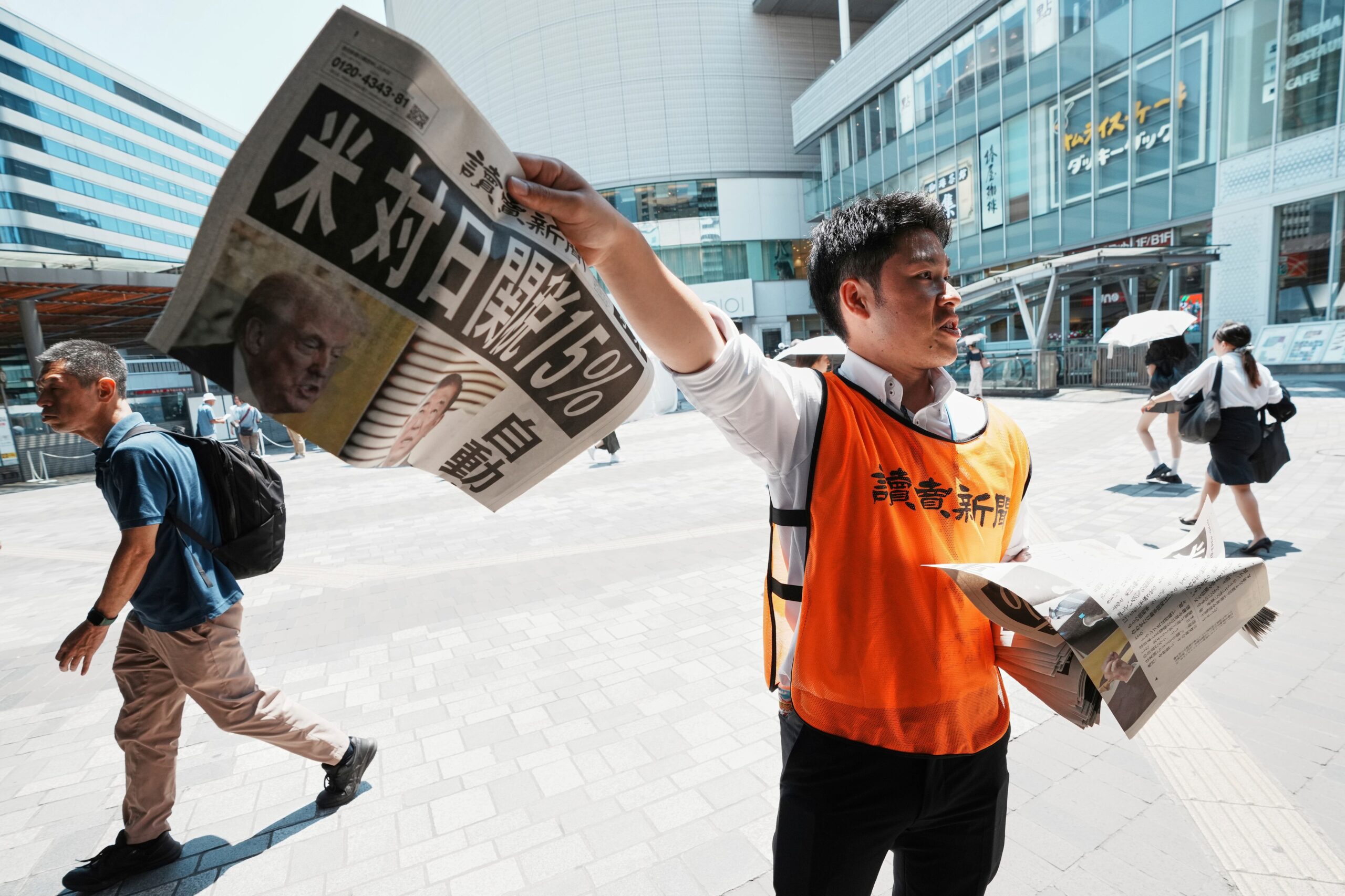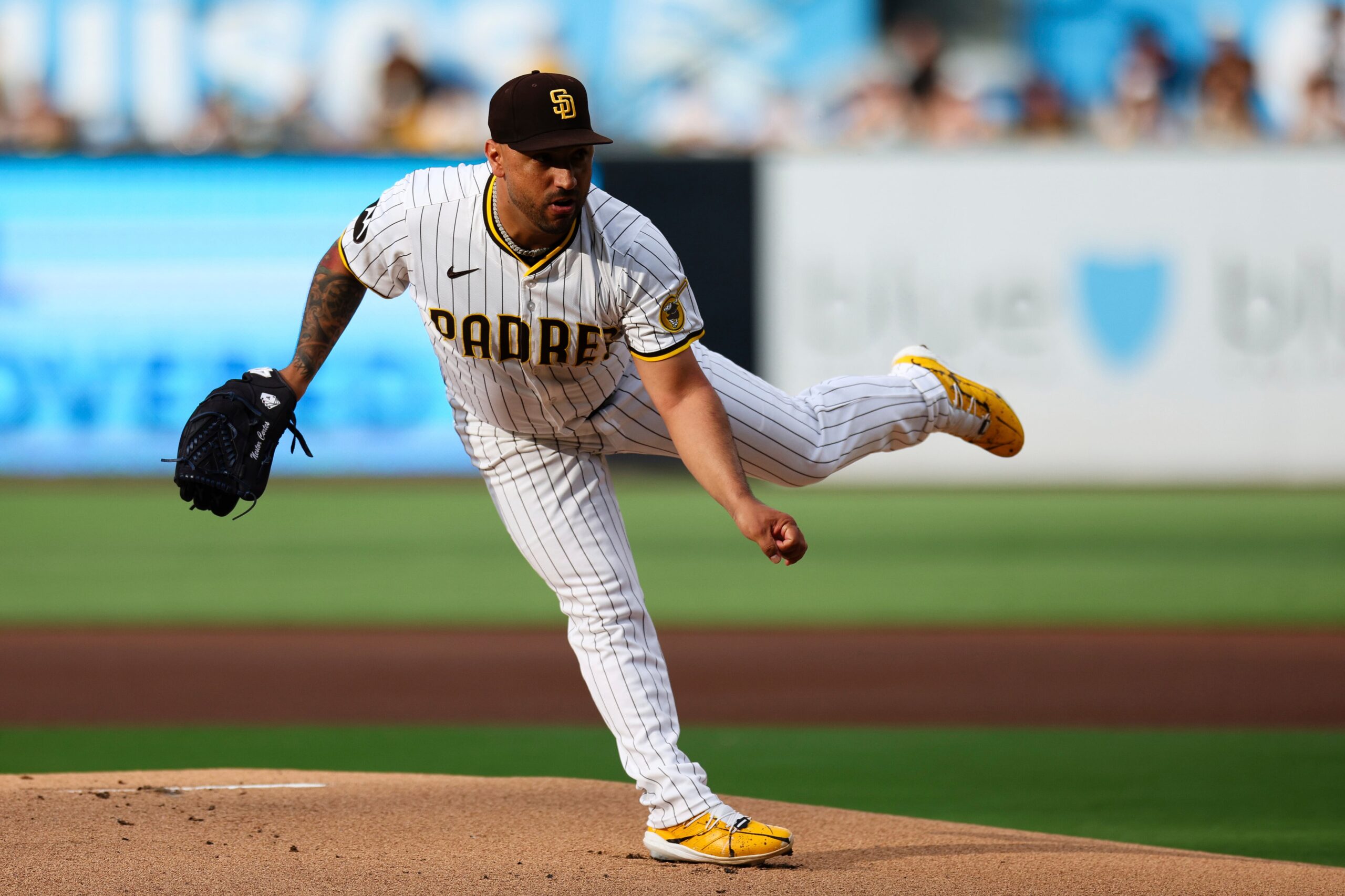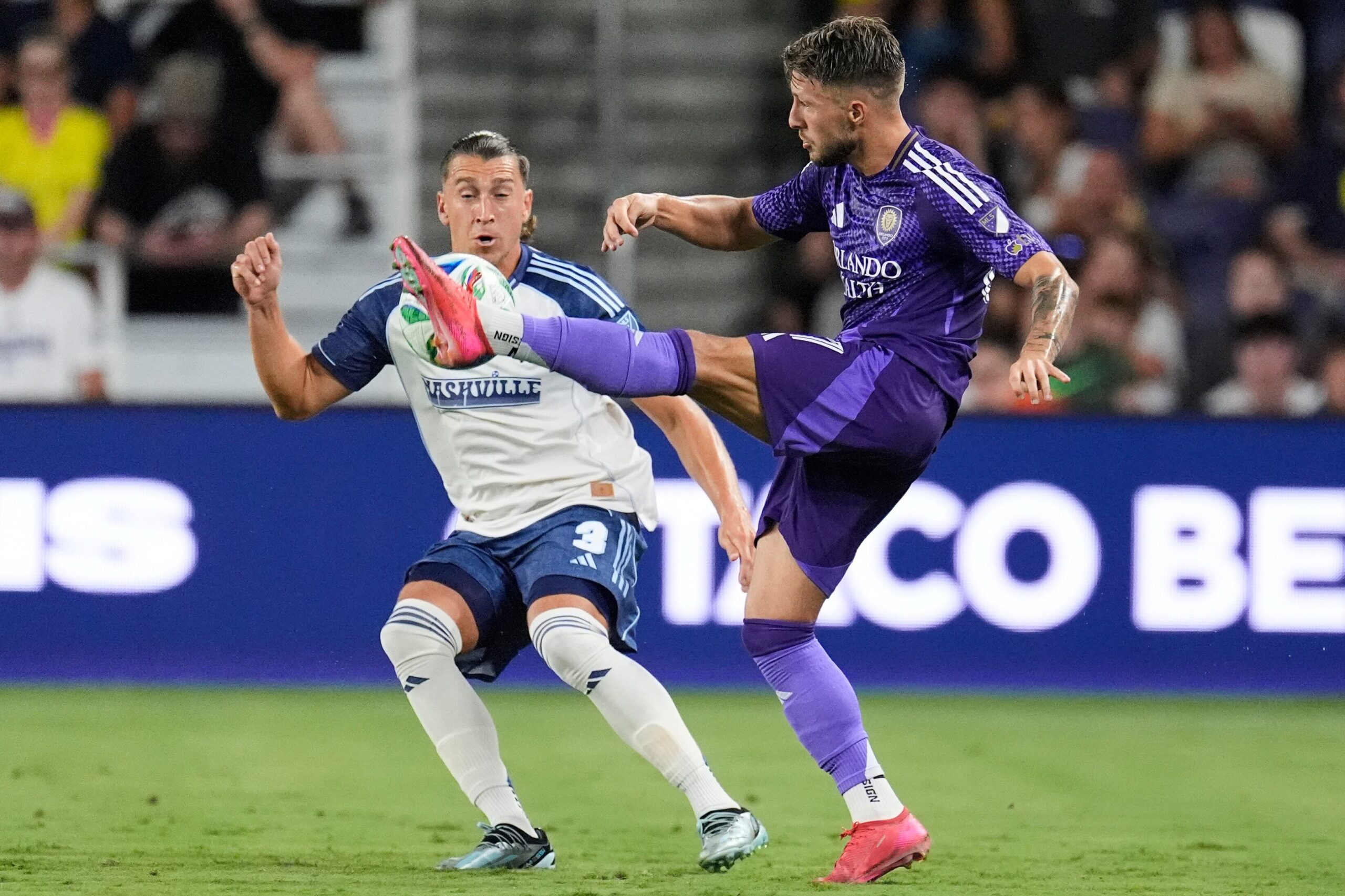WashingtonPresident Donald Trump boasts that Japan has granted him 550 billion dollars to invest in the US as part of a new trade agreement. Although it’s a staggering amount, it’s still up for debate and might not be the absolute amount he’s portraying.
“Japan is contributing $550 billion to reduce their tariffs somewhat,” Trump stated on Thursday. They provided seed money, if you will. We’ll refer to it as seed money.
Suggested Videos
He claimed that even if Japan had contributed the money, the United States would still receive 90% of any gains from the investment. The Republican president claimed that the trade framework that reduced his projected 25% tax to 15%, including on vehicles, was a signing bonus and not a loan of any kind.
According to a White House official, no formal written agreement has been reached and the terms are still being negotiated. The individual, who requested anonymity to discuss the specifics of the discussions, implied that the intention was for Trump to direct the $550 billion fund’s investments.
The total is noteworthy because it would amount to over 10% of Japan’s total GDP. In 2023, direct investment into the U.S. economy is expected to reach over $780 billion, according to the Japan External Trade Organization. The extent to which the $550 billion might be used for new investments or to supplement current investment plans is unknown.
For the Trump administration, the accomplishments of the trade framework unveiled Tuesday are a key talking point.
Although the impact of those commitments has not yet been shown in the economic figures for jobs, construction spending, or manufacturing production, the president has claimed to have brought trillions of dollars in new investment into the United States. Additionally, the framework allowed Trump to claim that other nations are consenting to impose tariffs on their goods, even if some of the costs are eventually transferred to American consumers.
According to Japan’s Cabinet Office, the $550 billion is part of a loan facility provided by financial institutions that are linked with the government, like Japan Bank for International Cooperation. Depending on how the investment negotiations go, more specifics would be determined.
Ryosei Akazawa, a Japanese trade negotiator, returned to Japan without discussing the conditions of the $550 billion investment. According to Akazawa, in order to prevent disagreements, a written unified declaration is required, at the very least on a working level. A legally binding trade agreement is not on his mind.
While Japanese officials were flying home, the United States reportedly made its version of the agreement public.
According to Akazawa, we might need to identify any discrepancies in understanding and clarify that they weren’t the topic of our conversation.
According to the U.S. administration, the fund will be used to invest in a variety of businesses, including shipbuilding, computer chips, pharmaceuticals, and vital minerals. According to Treasury Secretary Scott Bessent, the framework will be reviewed every three months. As part of it, Japan would also purchase 100 Boeing aircraft and rice from American farmers.
Additionally, they will revert to the 25% tariff rates on vehicles and other products if the president is not satisfied. Bessent told Fox News’ The Ingraham Angle, “I can tell you that I think at 25, especially in cars, the Japanese economy doesn’t work.”
Bessent’s quarterly evaluation was not included in the negotiations, according to Akazawa.
During my eight previous visits to the United States, I had discussions with the president and ministers,” Akazawa stated. I don’t remember talking about how we make sure the most recent agreement between the United States and Japan is implemented.
He claimed that if the rates were to climb to 25% as planned on August 1 and subsequently fall to 15%, it would seriously disrupt the economy and administrative procedures. “We definitely want to avoid that, and I think the U.S. side shares that understanding,” he said.
Japanese officials have stated that they do not intend to increase the current minimum access cap of 770,000 tons for the purchase of rice from the United States. Japan will determine whether to boost U.S. rice imports, according to Agricultural Minister Shinjiro Koizumi, who also stated that Japan is not bound by a set limit.
According to Howard Lutnick, Trump’s commerce secretary, the Japanese accord is pressuring other nations, like South Korea, to make agreements with the United States. Ursula von der Leyen, the president of the European Commission, will meet with Trump on Sunday to talk about trade when he is in Scotland.
“The Japanese will finance whatever Donald Trump wants to build,” Lutnick stated on CNBC on Thursday. Quite remarkable.
___
From Tokyo, Yamaguchi reported.








